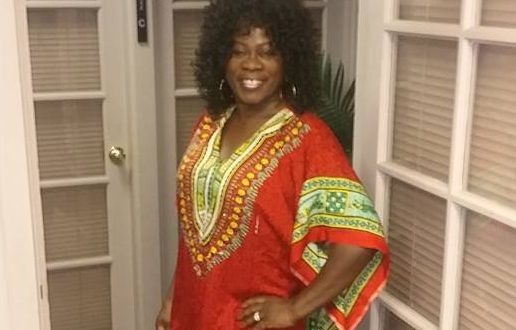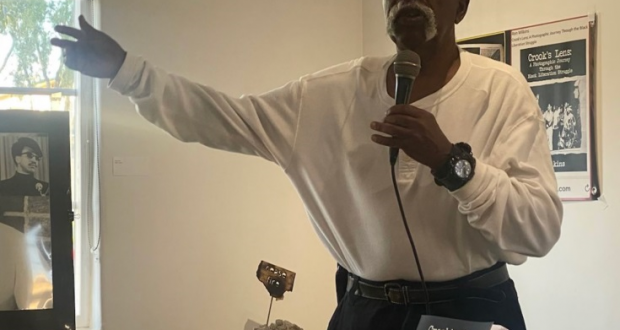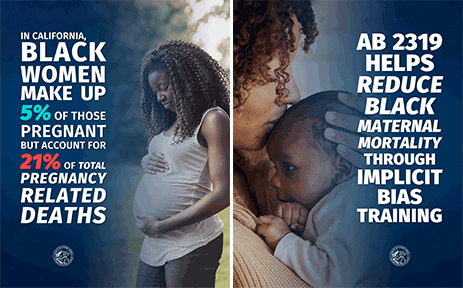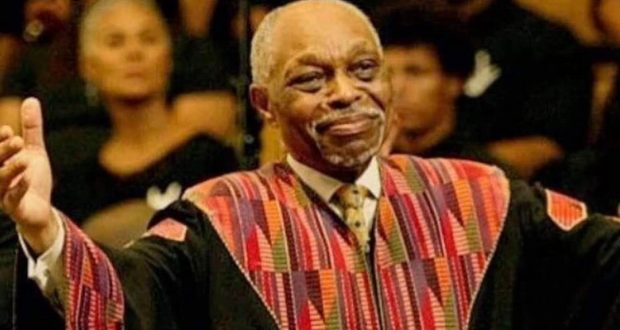By Tanu Henry | California Black Media
Imagine applying for a job online.
But instead of a hiring manager or some pre-screening software reviewing your application and pushing it along — or eliminating it — based on personal biases or other random criteria a company sets up, a smart computer program that is “agnostic” does the filtering, determining whether you are a good fit for the job or not.
Relying only on your qualifications and experience, the program does not consider factors like your name, your zip code, social connections or where you went to school in the screening process.
Sounds too futuristic? Well, the future may be right now — at least in California.
On Friday, lawmakers in California introduced SB 1241 or the Talent Equity for Competitive Hiring (TECH) Act. The bill sets a new legal high bar against discrimination in hiring by writing clear guidelines for employers to follow that allow them to modernize their recruiting processes using technological tools that reduce bias, leading to a more diverse workforce.
Sen. Lena Gonzalez (D-Long Beach) introduced the legislation in the Senate. Assemblymember Reggie Jones-Sawyer (D-South Los Angeles), Sen. Steven Bradford (D-Gardena), and Assemblymember Mike A. Gipson (D-Carson) are co-authors.
“California has a growing opportunity gap that leaves many families and communities in our state behind,” said Gonzalez after she introduced the bill in Long Beach along with leaders from community based organizations and social justice groups. “Hiring discrimination plays a significant role in our current inequality. The TECH Act will help ensure access to jobs that offer competitive wages and upward mobility for all our residents.”
The TECH Act states “assessment technologies will be considered in compliance with anti-discrimination rules if: 1) they are pre-tested for bias before being deployed and found not likely to have an adverse impact on the basis of gender, race or ethnicity; 2) outcomes are reviewed annually and show no adverse impact or an improvement of hiring among underrepresented groups; and 3) their use is discontinued if a post-deployment review indicates adverse impact.”
Last September, the California Assembly voted unanimously to pass ACR 125, also known as the Fair Hiring Resolution. ACR 125 was a call to action for the state’s lawmakers to pass legislation that tackles implicit racial and social biases in corporate hiring by creating clear rules of the road for how employers can use these smart technologies.
Five months later, their motion has become a reality.
“Innovative technologies for hiring and promotion, including artificial intelligence and algorithm-based technologies, have the potential to reduce bias and discrimination in hiring and promotion based on protected characteristics, such as socioeconomic status or status as a formerly incarcerated person,” the resolution read.
“At the same time, these technologies can help employers reach larger and more diverse pools of qualified talent and better identify candidates with the right skills and abilities to succeed,” it went on to make the case for the merits of the legislation.
Jones-Sawyer and Gonzalez introduced the resolution in August last year. It was co-authored by Assemblymember Sydney Kamlager-Dove (D-Los Angeles), Assemblymember Chris Holden (D-Pasadena), and Assemblymember Evan Low (D-Silicon Valley).
“California is one of the most diverse states in the nation. Our diversity is our strength, but corporate executive offices and boardrooms across our state frequently fail to reflect the same diversity,” Jones-Sawyer points out.
“Just look at San Francisco’s Silicon Valley high tech sector as an example,” he explained. “Women make up just 36.7 percent of the workforce; 3.3 percent of the workforce is Black; and only 6.6 percent is Hispanic. That’s unacceptable.”
The TECH Act builds on a series of laws California has passed in recent years to fight discrimination in hiring, such as “ban the box” legislation prohibiting employers from asking about an applicant’s criminal history before giving a conditional job offer, according to Jones-Sawyer.
“Frida Polli is a co-founder at Pymetrics, a company that makes neuroscience games using artificial intelligence that are designed to eliminate the biases in hiring the resolution intends to prevent.
“Before we release the technology, we look at the outcomes and audit it. And we go through the audit,” she told California Black Media. “We are giving an objective data point or an objective score for employers. It is mitigating the human biases of employers. All of us are biased. The way a lot of these tools work are customized for each role. We have employees working with each of our clients. It is not a one-size-fits-all solution.”
According to Pymetrics, the company’s AI tools is based on decades of research and technology developed by the global neuroscience community.
“They are widely considered the gold-standard of neuroscience research, and measure established building blocks of cognitive and emotional functioning, akin to the DNA of cognition and personality,” the company website reads.
Jones-Sawyer says he realizes that there will be kinks to work out in what the law legislates but he hope this technology can be used everywhere, starting with large companies in the state.
“At the beginning we will have to prove the technology,” Jones-Sawyer concedes. “We will have to offer it and hope their some companies are willing to take a chance. If we mandate it, it could sabotage us before we get out of the gate. We will have to be sure there is not government overreach with this.”
California has some of the strongest legal employee protections in the country. But even with the existing state and federal laws that prohibit discrimination in hiring and firing, Black and Latino workers still face significant discrimination in hiring, according to a 2017 Harvard Business Review report.
The study found that employers called back White applicants 36 percent more times than they did Black applicants with identical resumes. For Latinx applicants, that differential was 24 percent. It also found that the standardized tests some employers use to screen potential employees “have been proven to identify qualified candidates, but leads to biased outcomes.”
In another study conducted in 2012, researchers switched the names on women resumes to male names. The swap improved ratings from professors who were reviewing the resumes to select candidates for STEM research positions.
“This is an amazing, amazing initiative,” says Rhonda Gregory, co-founder of the National Diversity Coalition, a non-profit social justice organization that supports the legislation. “I think it needs to be sooner than later. I’m all for it. For me, this is so compelling. You look at a person’s name or gender or area where they are from and people tend to say “oh no” I don’t want to deal with that.”
 Westside Story Newspaper – Online The News of The Empire – Sharing the Quest for Excellence
Westside Story Newspaper – Online The News of The Empire – Sharing the Quest for Excellence







